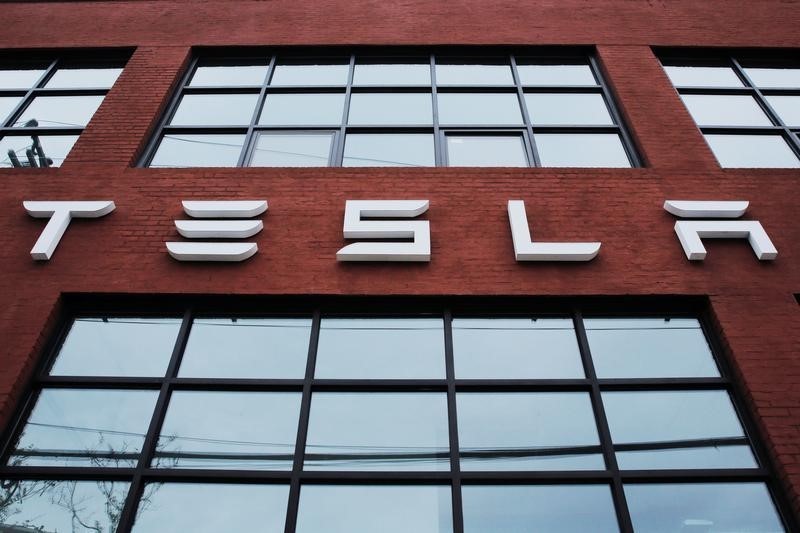This post was originally published on this site
https://i-invdn-com.investing.com/trkd-images/LYNXMPEJ6Q0WS_L.jpg
WASHINGTON (Reuters) – The U.S. Senate Commerce Committee approved legislation on Thursday to bar automakers from eliminating AM broadcast radio in new vehicles and require companies like Ticketmaster to put total ticket prices including fees in marketing materials.
The committee acted on a number of bills before Congress heads out on its August recess, approving two bills aimed at tightening privacy protections for children online. The update of the Children’s Online Privacy Protection Act, which first became law in 2000, would raise the age of children protected by the measure from 12 and under to 16 and under.
The AM radio bill and the ticket-pricing bill both had strong bipartisan support and both have companion measures in the House of Representatives.
Fees on ticket prices have become an increasing issue. They can comprise 21% to 58% of ticket prices for some events, according to studies from the New York Attorney General’s office and Government Accountability Office.
Concert-goers have been annoyed with Ticketmaster for years, and the most recent catalyst for criticism came in November when frustrated Taylor Swift fans battled its website, often unsuccessfully, to buy tickets for the pop star’s first tour in five years.
The AM radio bill would direct the Transportation Department to issue regulations mandating AM radio in new vehicles without additional charge.
Senators said this year that at least seven automakers have removed AM broadcast radio from their electric vehicles, including Tesla (NASDAQ:TSLA) BMW and Volkswagen (ETR:VOWG_p). Ford reversed course in May under pressure from Congress.
Lawmakers say losing AM radio undermines a federal system for delivering key public safety information to the public. The National Association of Broadcasters said the bill “will ensure that the tens of millions of AM radio listeners across the country retain access to local news, diverse community programming and emergency information.”
The Alliance for Automotive Innovation, a trade group representing major automakers, opposed the measure: “This is simply a bill to prop up and give preference to a particular technology that’s now competing with other communications options and adapting to changing listenership.”


